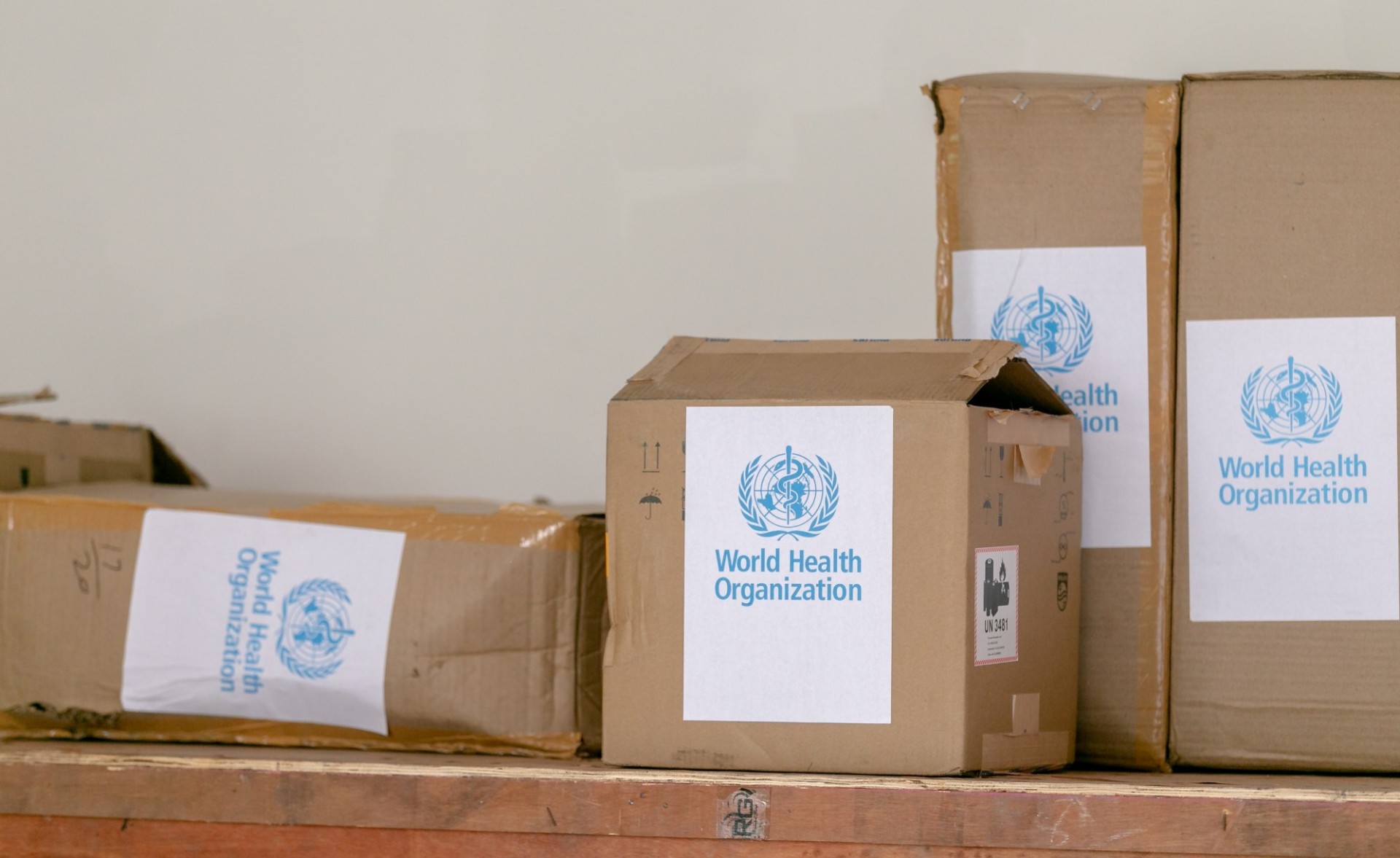On 30 January 2020, the World Health Organization declared the outbreak a Public Health Emergency of International Concern, then a pandemic on 11 March 2020. In October 2021, the COVID-19 pandemic is nowhere near its end. The waves of infection continue to cause socioeconomic disruptions as new and more resilient variants of the Coronavirus emerge, putting at risk recovery plans and long-lasting growth and development at national, regional and international levels.
The unpredictable developments of the pandemic, in terms of duration and further impacts, highlight the critical need to foster international cooperation through the existing multilateral systems to build a global and robust response to this global crisis. Disparities and inequalities in the capacities to fight the health crisis and its socioeconomic consequences will have a long-lasting impact on global recovery. Future global threats include disease outbreaks and pandemics similar to the COVID-19 pandemic. Hence, promoting and investing in public health systems and bolstering global pandemic preparedness should be of utmost priority in the international cooperation agenda between governments, international organizations and regional institutions. To do so, global health diplomacy has a pivotal role in promoting the adequate development of health systems, vaccines and pharmaceutical production, capacity building for emergency preparedness and response.
Disparities in global vaccination threaten the progress made in fighting the pandemic. The World Health Organization has set global targets of having 40% of the world’s population vaccinated by December 2021 and 60% by mid-2022. At the current vaccine distribution and vaccination pace, low-income countries are unlikely to reach the set targets, which means that our interconnected world will not fully recover until all countries are recovered. A recent study conducted by the National Bureau of Economic Research shows that the global GDP loss generated by vaccination inequity may be higher than the cost of manufacturing and distributing vaccines worldwide. Consequently, the research suggests that up to 49% of the global economic costs of the pandemic, about 2.6 trillion USD, are borne by high- and middle-income countries despite the full vaccination of their own populations.
Overcoming the vaccine disparity strongly depends on renewed global efforts and commitments within the framework that multilateral cooperation provides. Africa is ready to play its part with the establishment of the African Medicine Agency (AMA) intended to achieve sufficiency in medicines and vaccines in Africa, by establishing an effective and sustainable ecosystem for vaccine development and manufacturing. The AMA, in conjunction with a strong Africa CDC and the progressive operationalization of the Continental Free Trade Area (AfCFTA) – potentially the largest integrated trading area in the world – has the potential to play a pivotal role in developing Africa’s public health and safety, and leveraging pan-African and global cooperation to advance equitable global vaccine distribution.
About the Author:
Dr. Ibrahim Assane Mayaki serves as the CEO of the African Union Development Agency (AUDA-NEPAD). A former Prime Minister of Niger, from 1997 to 2000, Dr. Mayaki holds a Master’s degree from the National School of Public Administration (Enap), Quebec, Canada and a PhD. You can follow him on Twitter at @NEPAD_Mayaki.
The views and opinions expressed in this think-piece are those of the authors and do not necessarily reflect the official policy or position of SIPA or Columbia University.

